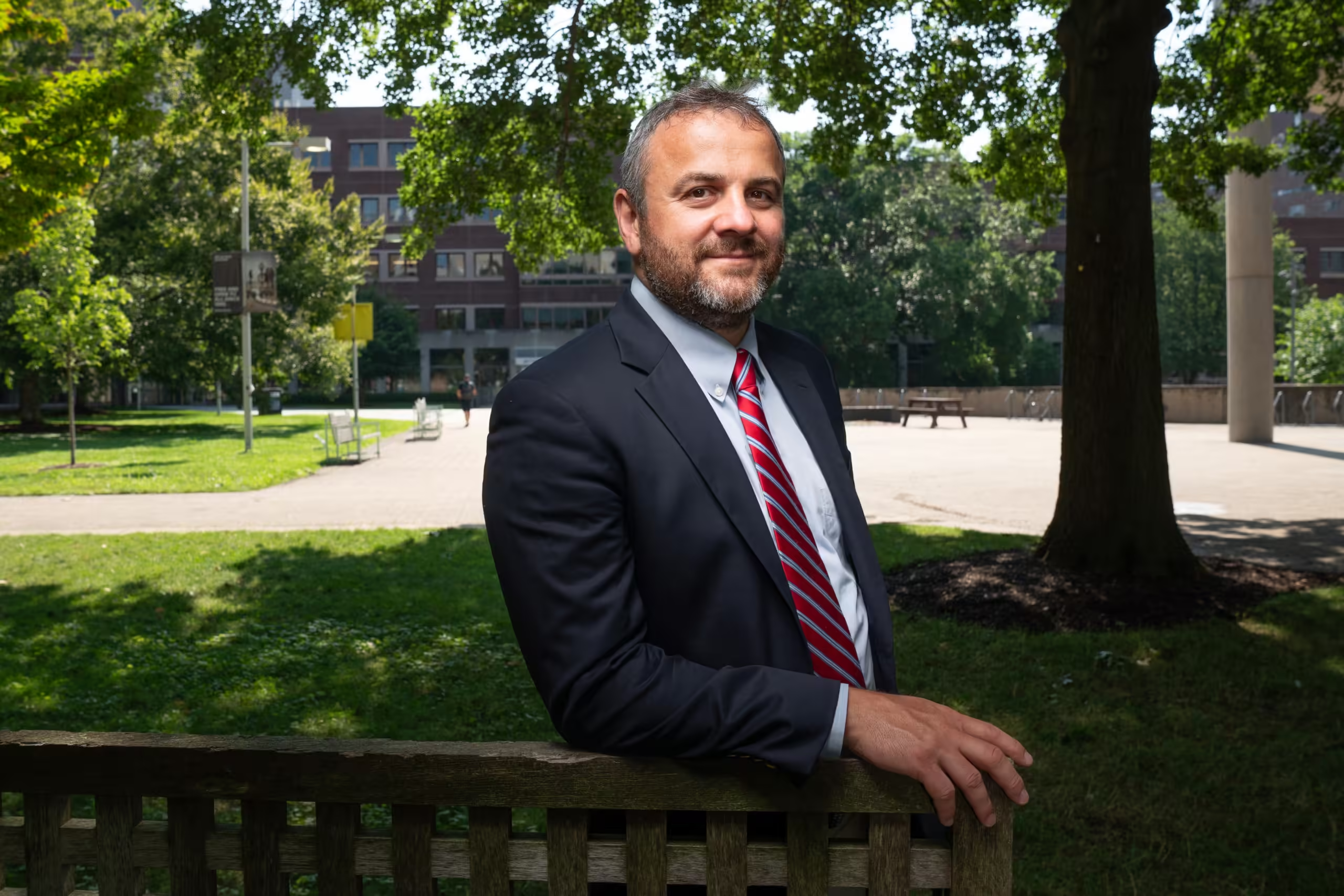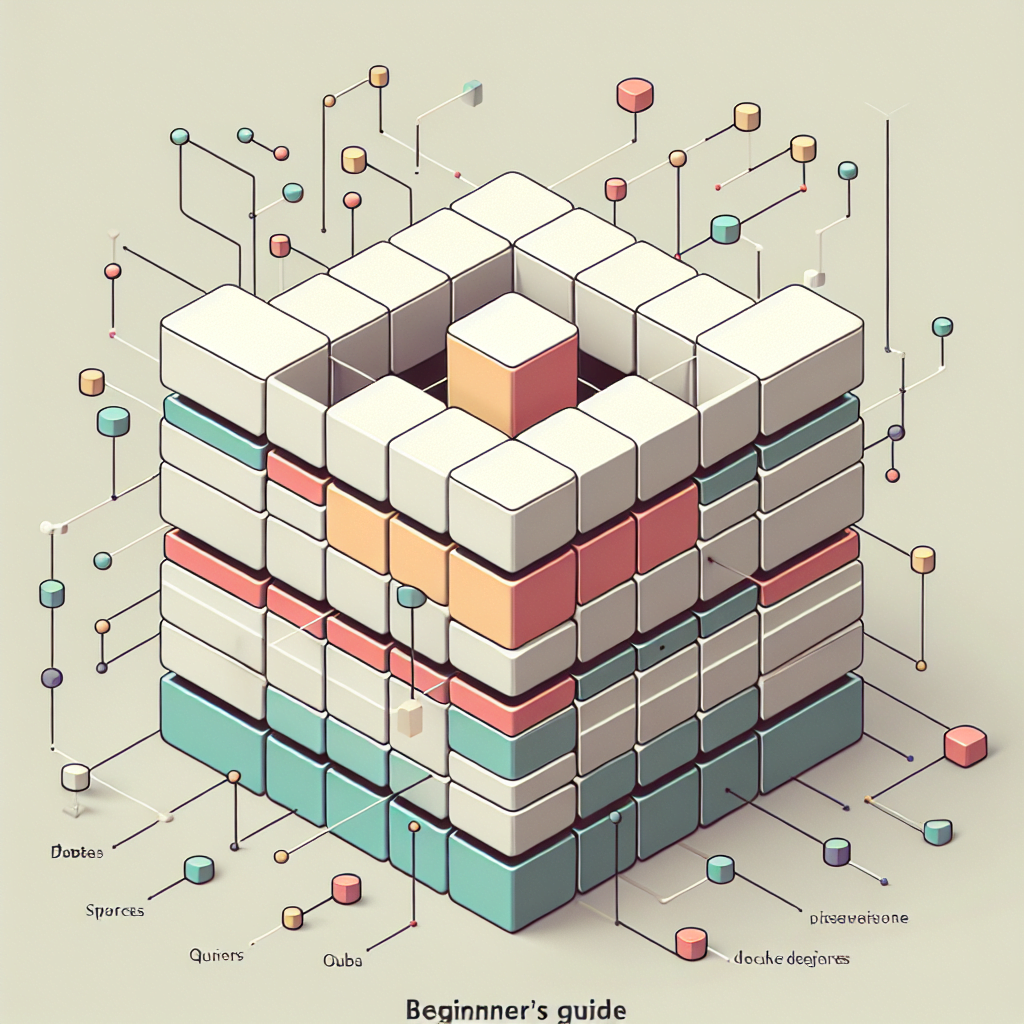In 1913, Thomas Edison confidently declared, "Books will soon be obsolete in public schools," advocating for cinema as an educational tool. He predicted a complete transformation of the school system within a decade. While Edison was correct that video recordings could aid learning, students still read books today. Like many before and after him, Edison believed a particular technology would revolutionize education. In reality, technologies are adopted in schools gradually, without altering the core principles of education: quality teaching and a community of willing students.
This gradual impact of technology on education is central to the work of Justin Reich, an associate professor in the Comparative Media Studies/Writing program at MIT. With two decades of experience in schools as a teacher, consultant, and academic, Reich is a technology advocate with a realistic perspective.
Entrepreneurs often claim that technology will disrupt what they see as stagnation in schools. However, these claims often miss the mark: technological tools lead to evolution, not revolution, in schools that are already frequently changing. Reich’s work emphasizes this alternative framework.
"In the history of educational technology, the two most common findings are that, first, when teachers encounter new technology, they use it to do what they were already doing," Reich explains. "It takes a lot of time, practice, coaching, failures, retries, and iterations for new technologies to lead to new and better practices."
The second finding is that educational technology tools are more readily adopted by affluent classes. "Almost all educational technologies we’ve developed disproportionately benefit the wealthy," Reich states. "Even when we make things available for free, those with more financial, social, and technical capital are more likely to benefit from innovations. These are two conclusions from the scientific literature that people don’t want to hear."
Some people must want to hear them: Reich has authored two highly regarded books on education and was recently appointed to a chair position at MIT, where he founded the Teaching Systems Lab.
"I’ve spent much of my career reminding people of these two things and demonstrating them repeatedly," Reich says.
Optimized Like a Shark
Before studying schools professionally, Reich envisioned working in them. "I wanted to become a teacher," he says. He earned his undergraduate degree in interdisciplinary studies from the University of Virginia and a master’s in history, writing a thesis on the U.S. national park system.
In the early 2000s, Reich began teaching history at a private school near Boston. The school administrators soon provided him with a cart of laptops, encouraging him to use these new tools. With many historical archives digitized, Reich integrated laptops and web sources into his classes.
Shortly after, Reich co-founded EdTechTeacher, a consulting firm helping schools use technology productively. His teaching reinforced a lesson: when broader practices in a discipline change, schools can use technology to follow suit; otherwise, it makes less difference. Moreover, schools adapt and evolve independently of technology. For instance, we now educate more people than ever before.
"You can absolutely improve schools," Reich says. "And we are constantly improving schools. It’s just a long, slow process, and everything is somewhat incremental."
Eventually, Reich returned to academia, earning his doctorate from Harvard’s Graduate School of Education in 2012. At that time, massive online college courses were seen as a potentially disruptive force in higher education. However, this proposed revolution became an evolution, with online learning yielding mixed results for K-12 and undergraduate students while being more effective in some graduate programs. Reich explores this topic in his 2020 book, "Failure to Disrupt," about technologies aimed at improving education at scale.
"Online learning is beneficial for people already well-equipped to learn, and these are generally affluent and educated individuals," Reich notes. The COVID-19 pandemic also underscored the value of in-person learning. The physical classroom may be ancient, but it remains a durable innovation.
"Technology is introduced into educational systems, but it’s possible that these systems are already quite optimized for what they aim to do," Reich explains. Citing another education expert, he notes, "Mike Caufield says, ‘We think of schools as old and outdated, but maybe they’re like a great white shark, optimized for their environment.’"
Okay, But What About AI?
Reich has witnessed numerous supposed revolutions in educational technology and studied many others from the past. The latest potential revolution is artificial intelligence, currently receiving massive investment and attention. Will AI be different and fundamentally transform how we learn? Reich and a colleague, Jesse Dukes, are conducting research to discover how schools are currently using AI. So far, Reich believes the impact is not significant.
"Many people say, ‘AI is going to be amazing! It’s going to transform everything!’ " Reich says. "And we spend a lot of time with teachers and students asking what they’re actually doing. And, of course, AI is not transformative. Teachers find modest ways to integrate it into their practice, but the main function of AI in schools is that kids use it to do their homework, which is probably not good for learning on the internet."
To some extent, Reich suspects teachers now spend more time on in-class writing assignments to circumvent students replacing their own writing with Chat GPT. As he notes, "Using class time differently to adapt to technological changes is something educators have become very adept at over the last decade. It doesn’t feel like a tidal wave crashing over them."
Once again, Reich is not opposed to technology but is realistic about it, including AI. "Many new things are probably useful in some way, so let’s find them," he says. Meanwhile, schools will grapple with many challenging issues that technology alone cannot solve.
"If you work in a school serving the country’s most underserved children, the biggest problem you’re facing right now is chronic absenteeism," Reich explains. "You’re really struggling to get kids to come. AI has nothing to do with that."
Overall, Reich believes the key to maintaining good schools is to continue tinkering on multiple fronts. Teachers should "act in short design cycles," as he writes in his 2023 book, "Iterate: The Secret to Innovation in Schools," rather than waiting for radical technological solutions. In education, the tortoise usually beats the disruptor.
"Improving education takes a lot of work and is a long process, but at the end of the road, you can achieve real improvements," Reich concludes.



